Wildfires and Gun Violence: Is It More Important to Address the Problem, Cause, or Solution?
November 26, 2018
After eighteen days of panic in Northern California, the Camp Fire in California—a name given to the deadly blaze—was finally deemed 100% contained on Sunday. As the largest, most deadly wildfire in California’s history, it has scorched roughly 140,000 acres—nearly the size of Chicago.
Camp Fire has claimed the lives of 84 California residents, with almost 500 still unaccounted for. It’s destroyed roughly 1,600 homes, including those of celebrities such as Miley Cyrus, Caitlyn Jenner, and Orlando Bloom. The fire has gotten enormous social media attention from celebrities as a result. Posts by just Bella Hadid, Jessica Alba, and Amy Schumer on Instagram gleaned a combined total of over 813,000 likes. Each post called for contributions of different forms to the wildfire-fighting effort.
According to Ms. Merrell, Latin’s AP Environmental Science teacher, the long-term solution to these ever-growing wildfires isn’t simple. She said, “it takes a lot of money to maintain a forest, but it’s not just a matter of the government putting money in the wrong places, it’s also a result of the dryness of that region.”
Though it’s painful to see people losing their lives and homes as a result of the fire, “some forest fires are necessary for the [health of an] environment and always have been.” Short-term measures can and have been taken to prevent the damage that wildfires cause people and communities.
According to Ms. Merrell, however, it’s impossible to fully address natural disasters like Camp Fire until we start acknowledging that “the decisions of humans do indirectly affect weather and climate.” Once this is widely acknowledged, we can see that “yes, these forest fires are enabled by our choices as humans.” Fires like Camp Fire are likely to continue to take place and worsen unless people adjust their behavior accordingly.
Sophomore Maeve Healy played a significant role in organizing the student walkout against gun violence last year. Highlighting the “parallel between the mismanagement of wildfires and firearms,” she said, “in both situations, we have hundreds upon thousands of people who are being denied the aid that they need for a safer community.”
As discussions about both issues dominate social media, it’s easy to see that the conversations have become centered around the devastating effects—and not the causes—of these issues. Both gun violence and wildfires have detrimental consequences, but to solely acknowledge their effects is to evade their solutions.
If anti-gun violence and anti-wildfire activists begin to emphasize a solution, it’d be significantly more obvious to representatives in Washington where Americans really stand.














































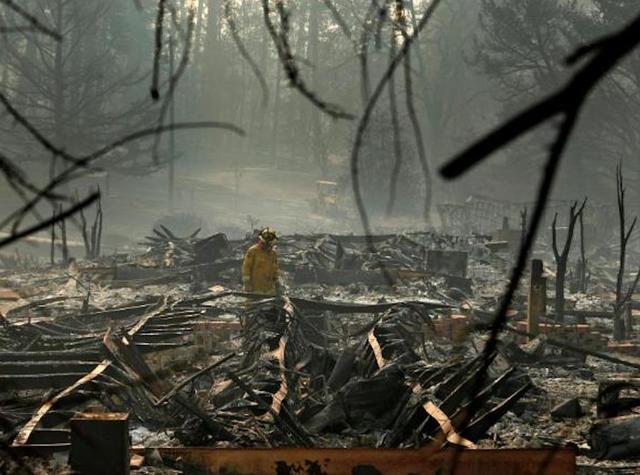
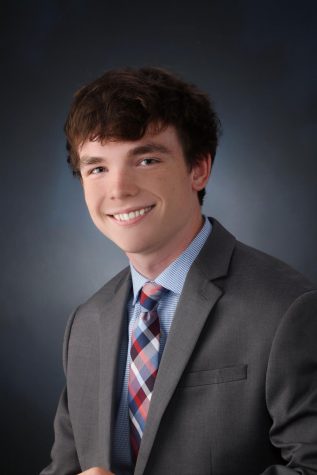

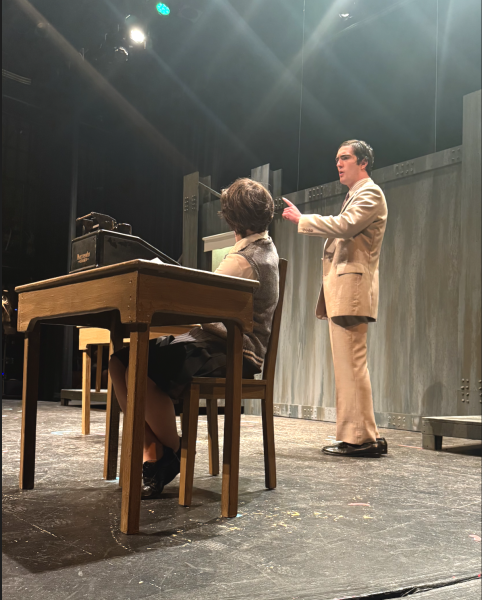
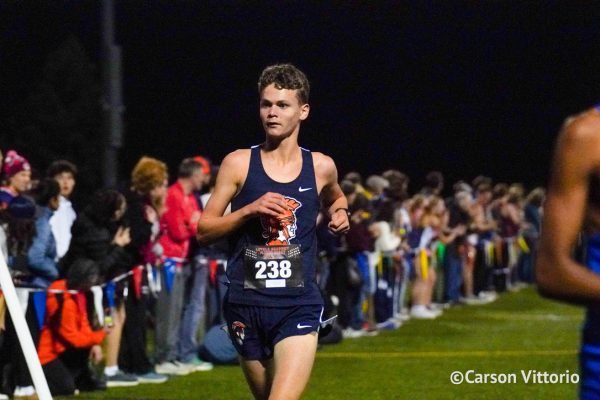

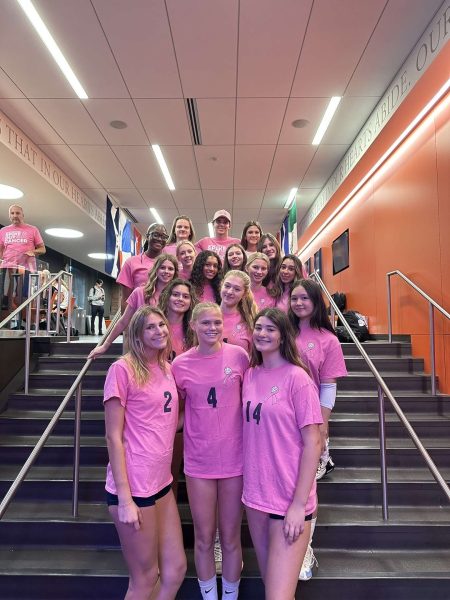
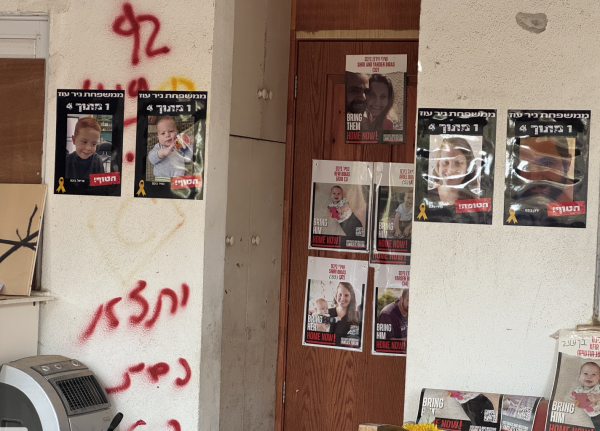

mhealy • Nov 26, 2018 at 9:58 pm
Thanks guys 🙂
rigbokwe • Nov 26, 2018 at 8:44 pm
Really interesting article. It’s really important to look from a cause and solution perspective rather than a what’s happening view. I’ll try to do that more myself 🙂